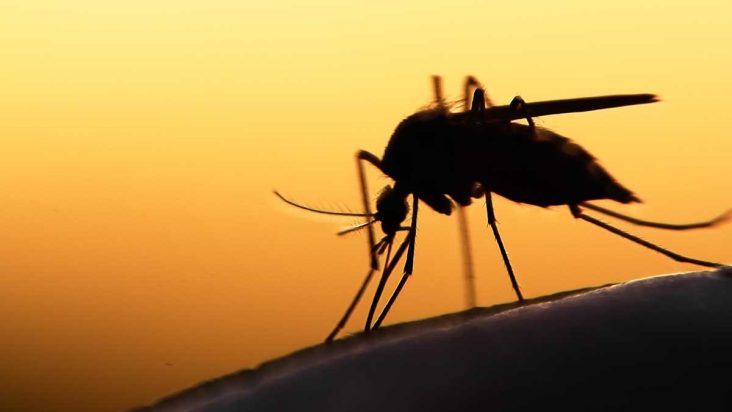Mosquito research project being conducted in Jonesboro
by June 21, 2024 5:45 am 236 views

A group of researchers at Arkansas State University is currently seeking help from the public to tackle one of the biggest pests of the season: mosquitos. This study is being funded through a $50,000 grant from the city of Jonesboro.
“With Arkansas leading the nation, Craighead County is one of the five top rice-producing counties. When rice fields are flooded in early summer, significant mosquito development can occur. These rice fields extend into the city resulting in substantial mosquito nuisance issues,” said Dr. Tanja McKay, professor of entomology and chair, Department of Biological Sciences.
It is estimated by the National Library of Medicine that mosquitos through the spread of disease kill thousands and sicken millions each year. The global economic impact is estimated to be more than $12 billion.
In 2009, a study was done in Craighead County where six traps were placed in various locations. Sixteen mosquito species were identified with over 91,000 mosquitoes collected over a six-month period.
For this project, researchers will deploy 10 traps which will be used in various locations throughout the city.
“This is a citizen science project where we will be working with citizens of Jonesboro to get them excited about science while educating the public on mosquitoes,” added McKay.
The project is limited to five to 10 traps per week. McKay said the research team is currently seeking local residents interested in having a trap on their property. A member of the research team will visit each location twice over the summer.
There are nine graduate and undergraduate students participating in the project, along with staff members. Researchers include those from the Department of Biological Sciences and Department of Psychology and Counseling.
Participants will be interviewed before and after the project to learn how their opinion on citizen science has or has not changed regarding their participation.
Once a location is selected for a trap, a member of the research team will meet with the resident and set the trap overnight. The next morning, the device will be retrieved, and the contents analyzed.
McKay said they hope to set traps up so mosquitoes can be collected from different parts of the city to see where the highest numbers are coming from.
“We would like to get as many citizens as possible in Jonesboro to participate in this project. By working together, we can make a real difference in promoting public health and advancing scientific knowledge,” she said.
The city of Jonesboro is contracted with Vector Disease Control International in the eradication of mosquitoes through pesticide treatments in the city limits. McKay said the monitoring data will be reported to Vector to use in those eradication efforts.
“We will be working closely with Vector Disease Control to give them the data the citizens of Jonesboro acquire and that data will help Vector to make a decision if a management tactic is needed for managing the mosquitoes in that area,” said McKay.
In order for the citizen research project to be successful, volunteers are needed. Those interested in having a trap in their yard for the collection of mosquitoes can follow this link to volunteer.
